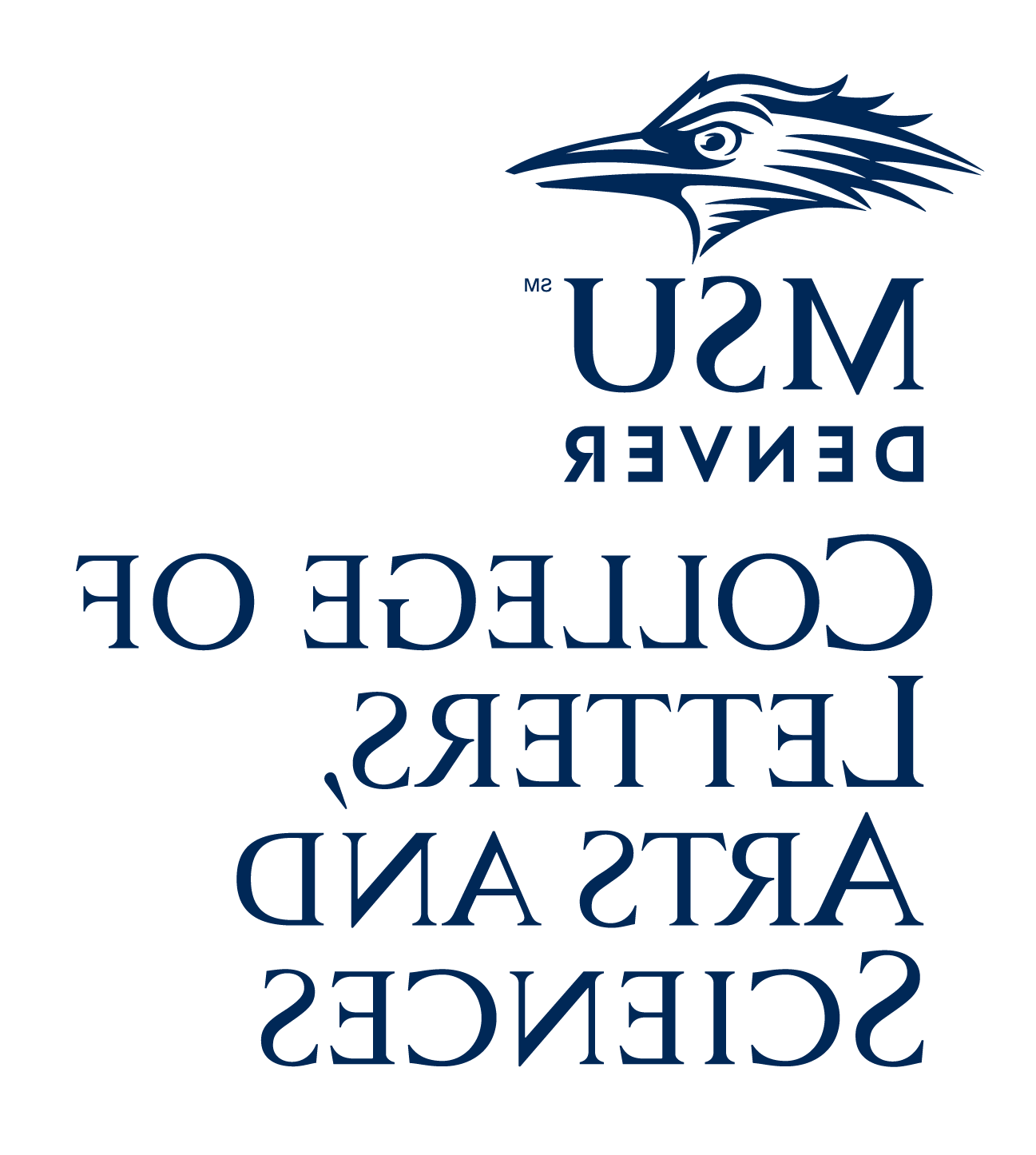What is Experiential Learning and why is it important?
Experiential Learning is the process of learning by doing. By engaging students in hands-on experiences and reflection, they are better able to connect theories and knowledge learned in the classroom to real-world situations. (Source: BU Center for Teaching and Learning)
Types of Experiential Learning
A more broad term used to describe experience-based learning activities that often subsume other terms such as cooperative education, service-learning or field experiences. It is often a credit-bearing, free-standing activity in a student’s field of interest not connected to a theoretical course. It is usually assessed by a faculty member and supervised by an employer who is not a faculty member. The student may work with practicing professionals, complete a project, attend public events, interview and observe constituents and employees. The student may or may not be paid for this experience. When attached to a classroom course, a student may spend several hours a week volunteering in an agency, supporting co-curricular activities, shadowing a professional in the field, or observing people in their natural environments. Key to this form of experiential learning is some type of guided reflection. The mission of this experience may be to support the integration of theory and practice, explore career options, or foster personal and professional development.
Learn more about internships here.
Broadly defined, undergraduate research includes scholarly, creative, and artistic activities that lead to new knowledge, improve problem solving capabilities, offer original or historical theory and interpretation, and/or produce art or creative performances. A collaborative effort between students and their research mentors, undergraduate research and creative activities are interactive, discovery-based experiences that teach and engage students about the numerous components involved in the research and creative process. Research and creative opportunities occur in and outside of the formal curriculum.
Students’ individual abilities, time commitment, and length of involvement will affect their productivity as undergraduate researchers. Undergraduate students may not engage in a research or creative opportunity long enough to make an original contribution to a discipline. However, if students learn and work on essential components of the research or creative process (e.g., review literature and identify knowledge gaps, design hypotheses and experiments, collect and analyze data), we posit that they begin to more deeply engage in an academic discipline by learning about research or creative methods, practicing advanced critical thinking, and participating in key steps of the research and/or creative continuum.
Some students will work on part of a faculty member’s current research project. Other students may develop an independent project of their own that is guided by a faculty member. Either way, students have opportunities in a variety disciplines from art history to zoology to engage in original hands-on research and creative projects.
Learn more about Undergraduate Research here.
This term is used to denote optional or required out-of-classroom community service experiences/projects attached to courses or a separate credit bearing experience. The location may be the broader community outside the university or one embedded in co-curricular activities. In these experiences, students participate in an organized service activity that meets identified community needs and reflect on the service activity to better understand course content and gain a broader appreciation of the discipline and an enhanced sense of civic responsibility.
Learn more about Service Learning here.
This experience is specific to students in pre-professional and pre-service teacher education who are gaining required and evaluated experience in supervised teaching.
Learn more about Student Teaching here.
Students usually engage in courses at higher education institutions in another country. The experiential learning component is the cultural immersion which provides novel challenges for navigating living in a new place. The coursework connected to a study abroad can also include internships and service-learning experiences.
Learn more about Study Abroad here.
College of Letters, Arts and Sciences
Campus Location:
Central Classroom 314
Mailing Address:
Campus Box 37
P. O. Box 173362
Denver, CO 80217-3362
Phone:
303-615-0600
Email:



